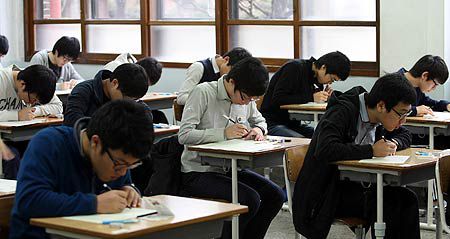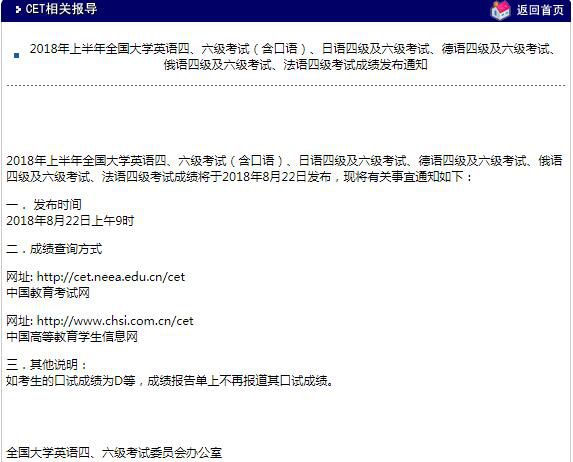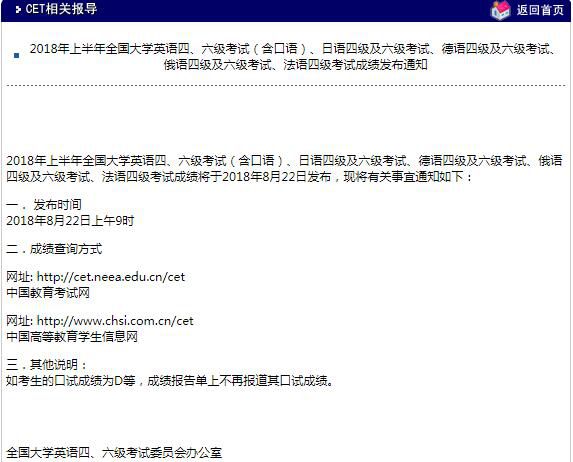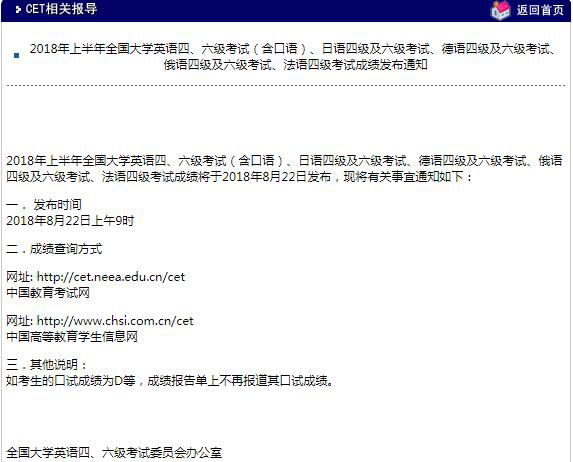如何应对大学第一考?
|
爱思英语编者按:又到11月——难熬的不只是“光棍一族”,还是很多即将大学第一考的新生。正在为考试发愁的你,不妨来听听学长们传授的独家学习妙招。
November is a tough month – not only for single people, but also for many students who will take their mid-term exams. It’s an especially intense time for freshmen because they will take their very first exams at university. They may be worried, but here, their upperclassmen offer advice on studying and preparing for exams. Sciences Mathematics gives me a headache Ask university students what is the most difficult course, and most of them will give you the same answer: advanced mathematics. This is also true for Dai Shuang, an 18-year-old student studying geodesy and geomatics at Wuhan University. “Advanced mathematics pushes mathematics to a whole new level,” he says. “It’s so difficult that I get a headache whenever I think about the exam.” According to Dai, studying this course is not easy. “Our professor assumes that we always understand him, so he teaches in a way that only the top students can follow,” he says. He has no choice but to study the course by himself. Apart from participating in social activities, Dai spends most of his spare time reading course books and doing exercises. Solution: Following the course is important Qin Xia, 22, is a finance major at Renmin University of China. Having dealt with advanced mathematics for almost four years, the senior student has found his way to study the course. “Most students fear advanced mathematics because they have a negative attitude toward it,” he says. “These students tend to sleep in class or even skip classes.” In Qin’s opinion, course hours should be valued because it’s difficult to study this course alone. “If students think the class is too difficult or boring they can take notes to stop themselves from getting distracted,” he says. Another part of studying is doing a lot of exercises. “Doing exercises helps in consolidating the knowledge taught in classes and preparing for the exam,” Qin says. Arts Learning languages is all about memorizing Zhu Tianjiao, 18, thought she would have an easy and colorful life at university that was less stressful than being at high school. But reality proved her wrong. Studying at university is even more intense. Zhu is a Japanese major at Shanghai International Studies University. Since the very beginning of campus life, she has felt under pressure. “All of my classmates are straight-A students, which means I have to spare no effort in studying to keep up with them,” she says. Zhu will have her first university exam in two weeks, and she’s very nervous because she doesn’t know how to improve her language proficiency other than by memorizing words and phrases. Solution: It is a matter of accumulation Xia Bingcong was in the same position three years ago. The 22-year-old English major at Tsinghua University remembers doing badly in her first exam, but figured out ways to improve her language skills in the following years. According to Xia, memorizing, listening and reading are all equally important in language learning. “After my first failure, I started watching American programs and TV series. I also read English newspapers every day. In one year’s time, I found that my English improved a lot, which made taking exams easy,” she says. In her opinion, cramming a few days before the exam is never the best way for studying a language. “Learning a language is about accumulation, so in order to grasp a language, it’s wise to study on a daily basis,” Xia says. |









